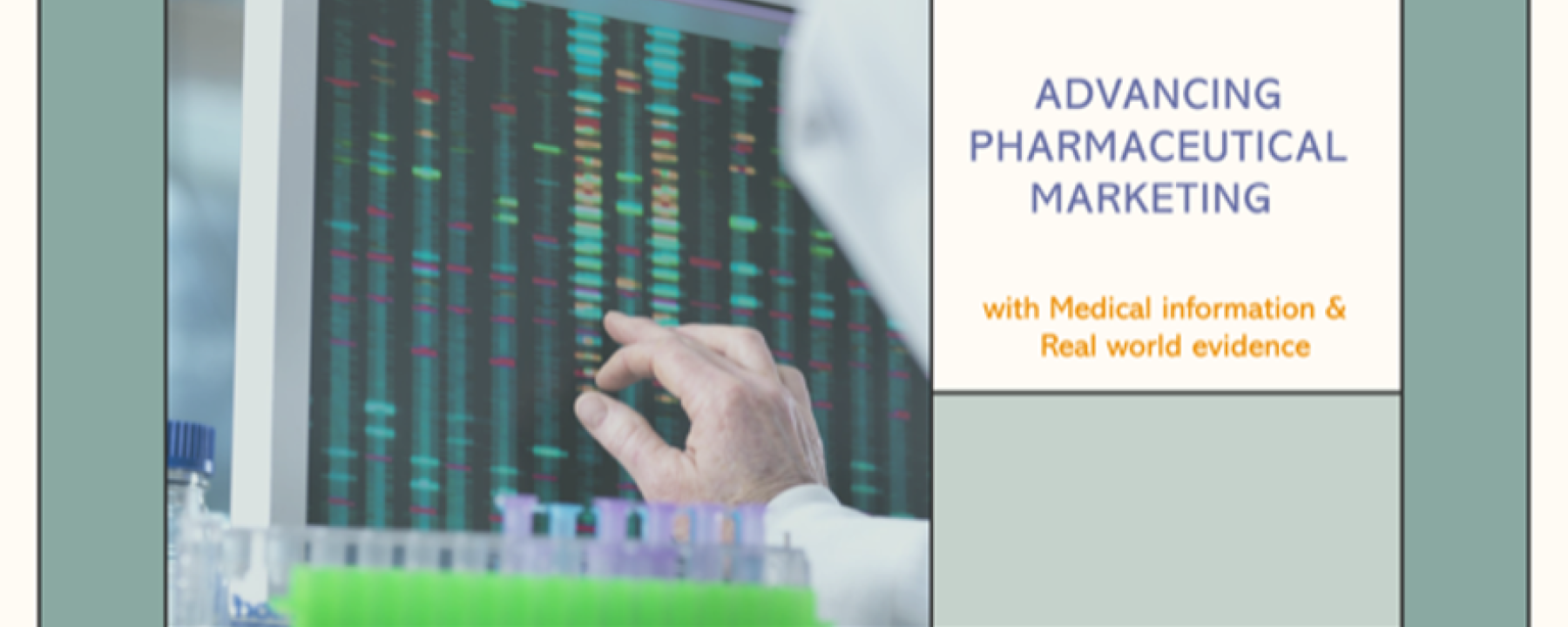
The Synergy of Medical Information, Real-World Evidence, and Marketing in Pharmaceutical Development and Approval
The relationship between medical information, real-world evidence (RWE), and marketing in the pharmaceutical industry is interconnected and plays a crucial role in the development, approval, and commercialization of new treatments. Here’s how these elements interact:
Medical Information:
- Definition: Medical information encompasses all data, research findings, clinical trial results, and scientific knowledge related to a drug or therapeutic area.
- Role: It forms the basis for understanding the efficacy, safety, mechanisms of action, and potential benefits and risks of a drug.
- Application: This information is used by healthcare professionals, researchers, regulatory bodies, and pharmaceutical companies to make informed decisions about the development, approval, and use of medications.
Real-World Evidence (RWE):
- Definition: RWE is derived from real-world data (RWD), which includes information collected outside of traditional clinical trials, such as electronic health records, insurance claims data, patient registries, and patient-reported outcomes.
- Role: RWE provides insights into how a drug performs in routine clinical practice, capturing the effectiveness, safety, and impact of treatments in diverse patient populations and real-life conditions.
- Application: RWE is used to support regulatory decisions, optimize clinical practice, guide healthcare policy, and demonstrate the value of treatments to payers and other stakeholders.
Marketing:
- Definition: Marketing in the pharmaceutical industry involves promoting and selling drugs to healthcare professionals, payers, and patients through various strategies and channels.
- Role: Effective marketing communicates the benefits, uses, and safety profiles of drugs, aiming to increase adoption and adherence, and ultimately improve patient outcomes.
- Application: Marketing strategies include detailing to healthcare providers, direct-to-consumer advertising, educational campaigns, and digital marketing efforts.
Interrelationships:
1. Evidence-Based Marketing:
- Pharmaceutical marketing increasingly relies on robust medical information and RWE to create evidence-based marketing strategies.
- Demonstrating the real-world effectiveness and safety of a drug can enhance its credibility and appeal to both healthcare providers and patients.
2. Regulatory and Reimbursement Support:
- RWE supports regulatory submissions and post-marketing surveillance, helping to secure and maintain drug approvals.
- It also aids in demonstrating cost-effectiveness and value to payers, which is crucial for reimbursement decisions and market access.
3. Clinical and Patient Education:
- Medical information and RWE are used to develop educational materials and campaigns that inform healthcare providers and patients about the appropriate use of medications.
- This education can improve treatment adherence, patient satisfaction, and health outcomes.
4. Feedback Loop:
- Marketing efforts often generate real-world data through patient and provider feedback, sales data, and market research.
- This data can be analyzed to produce additional RWE, which in turn informs further medical research, regulatory submissions, and marketing strategies.
5. Patient-Centric Approach:
- RWE helps to understand patient experiences, preferences, and outcomes, which can inform marketing strategies to be more patient-centric.
- This approach fosters better engagement and trust among patients and healthcare providers.

Example Scenario:
A pharmaceutical company develops a new medication for diabetes. The medical information from clinical trials shows the drug's efficacy and safety. Once the drug is approved, the company collects RWE through patient registries and electronic health records, which provides additional insights into its real-world performance. These insights are used to:
- Enhance Marketing Messages: Highlighting the drug's effectiveness in diverse populations and real-world settings.
- Support Regulatory Filings: Providing additional data to regulatory agencies for potential label expansions.
- Inform Healthcare Providers: Offering evidence-based information to physicians to guide their prescribing decisions.
- Demonstrate Value to Payers: Showing cost-effectiveness and patient outcomes to secure favorable reimbursement terms.
In summary, the interplay between medical information, RWE, and marketing ensures that pharmaceutical products are effectively developed, approved, and utilized in ways that maximize patient benefit and align with healthcare stakeholders' needs.
At Pro Pharma Research Organization, we transform your needs into solutions with our specialized services:
- Query Management: We resolve your queries with precision.
- Literature Review: We provide detailed analyses of medical research.
- Medical Writing: We create high-quality medical content.
- Comparative Effectiveness Research: We compare treatments to find the best option.
- Regulatory Support: We guide you to comply with regulations.
- Market Access: We facilitate the entry of your products into the market.
- Value Propositions: We develop strategies that highlight the benefits of your products.
Marketing Services
- Business Analysis and Insights: We offer strategic insights for your company.
- Pharmacoeconomic Studies: We evaluate the economic impact of your products in the market.
- Content Creation: We generate engaging material for the pharmaceutical and healthcare industries.
Contact us and discover how we can help you achieve success!
contacto@propharmaresearch.com